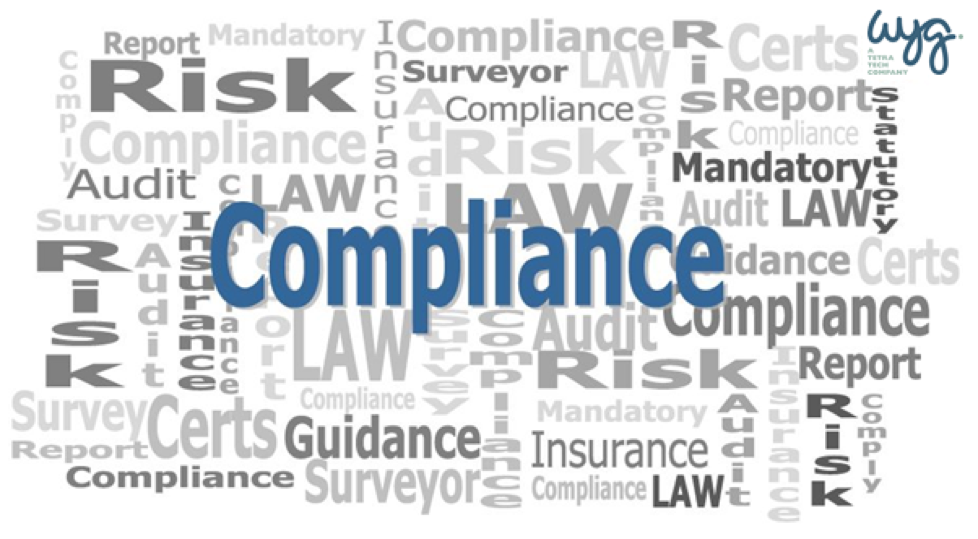Fires are ravaging commercial kitchens across the service industry, burning through safety, productivity and profits.
In fact, in the UK during 2017/2018, there were 1,638 reported commercial fires within food and drink premises which were believed to have originated from kitchens (www.gov.uk).
Statistics Restaurant Owners Should Know
During 2006-2010, an estimated average of 7,640 structure fires in eating and drinking establishments were reported to U.S. fire departments per year, with associated annual losses of:
- 2 deaths
- 115 injuries
- $246 million in property damage
Structure Fires in Eating and Drinking Establishments by Major Cause, 2006-2010 also shows us commercial kitchens’ greatest risks:
Fires
- Cooking equipment 57%
- Heating equipment 10%
- Electrical/Lighting equipment 7%
- Smoking material 7%
- Intentional 5%
Property Damage*
- Cooking equipment 40%
- Electrical/Lighting equipment 13%
- Intentional 10%
- Heating equipment 7%
- Smoking Material 5%
*Note: Does not equal 100%; lesser contributors not included. Source: Encore Fire Protection
Yet, we’re finding an unnerving reaction amongst operators: They are still failing to follow the regulations, guidelines and approved codes of practice in respect to planned preventive maintenance of kitchen extraction systems.
Often, kitchen safety risks jeopardize the building and its staff and guests as part of a misguided effort to reduce building operating costs. Yet recouping from a fire costs significantly more than routine maintenance and management, and risks lives, which are priceless.
At WYG, a Tetra Tech company, we have spent nearly a decade monitoring the recommended guidelines for maintaining kitchen extraction systems that meet approved codes of practice to maintain safety and reliability.
Top 5 Risks to Commercial Kitchens
The following five items are the most commonly found issues within Kitchen Extraction Systems that need improvement.
- Lack of cleaning and maintenance
- Levels of grease in excess of the recommended micron level
- Systems not cleaned frequently enough
- Poor / inadequate access to ductwork sections
- No access doors present
- Poor standard or quantity of access door
- Inaccessible access
- No safe means of accessing ductwork or access panels
- Access doors / ductwork that has been blocked by other services
- Lack of expertise
- Maintenance companies not providing due diligence to clients
- Sub-standard maintenance being provided for a quick sale
- Poor responsibility
- Clients are not accepting responsibility to ensure systems are maintained to the required standards
- Contractors are not taking responsibility to maintaining the recommended standard and standing ground with clients
Take the First Step Toward Increased Commercial Kitchen Safety and Compliance
When you partner with an independent, professional organisation such as WYG, you will receive an increased level of expertise and commitment. In the past decade of providing reviews and audits of kitchen extraction systems, we have helped clients avoid kitchen fire due to poor maintenance.
We will review your unique system for compliance and provide actionable steps to assist in increasing the standard of your system and therefore reducing the risk of fire. This will be in cooperation with cleaning and maintenance companies, insurance organisations and, of course, such associations such as Building Engineering Services Association (BESA), National Association of Air Duct Specialists (NAADUK), and Fire Protection Agency (FPA), to name a few.
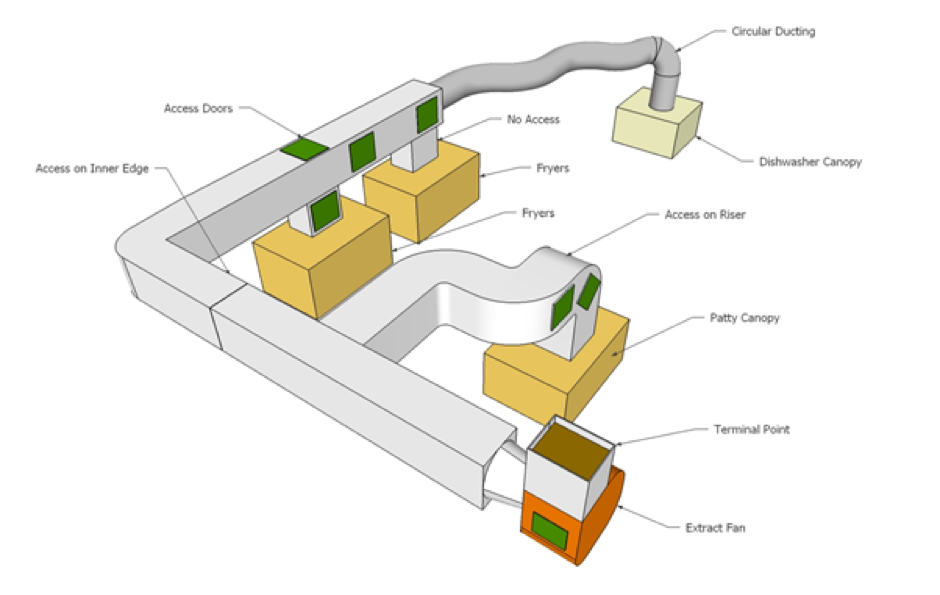
Here are examples of some of our past findings:
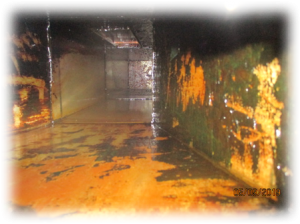
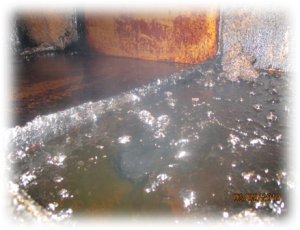
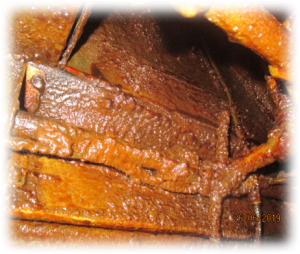
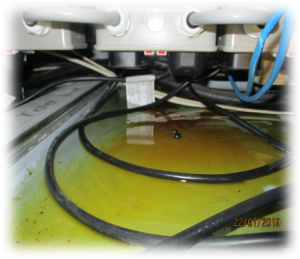
Our professional consultants, auditors and surveyors are experts in applying compliance and can take control of your entire asset portfolio which will:
- Provide compliance to regulations and minimize fire risks
- Give you detailed, recognised proof that the ventilation system in your building is safe and well maintained
- Support insurance policies
- Take care of the safety and wellbeing of the users of your building.
Learn more or contact me directly for further guidance and support. Here’s to safer buildings and better operation!

